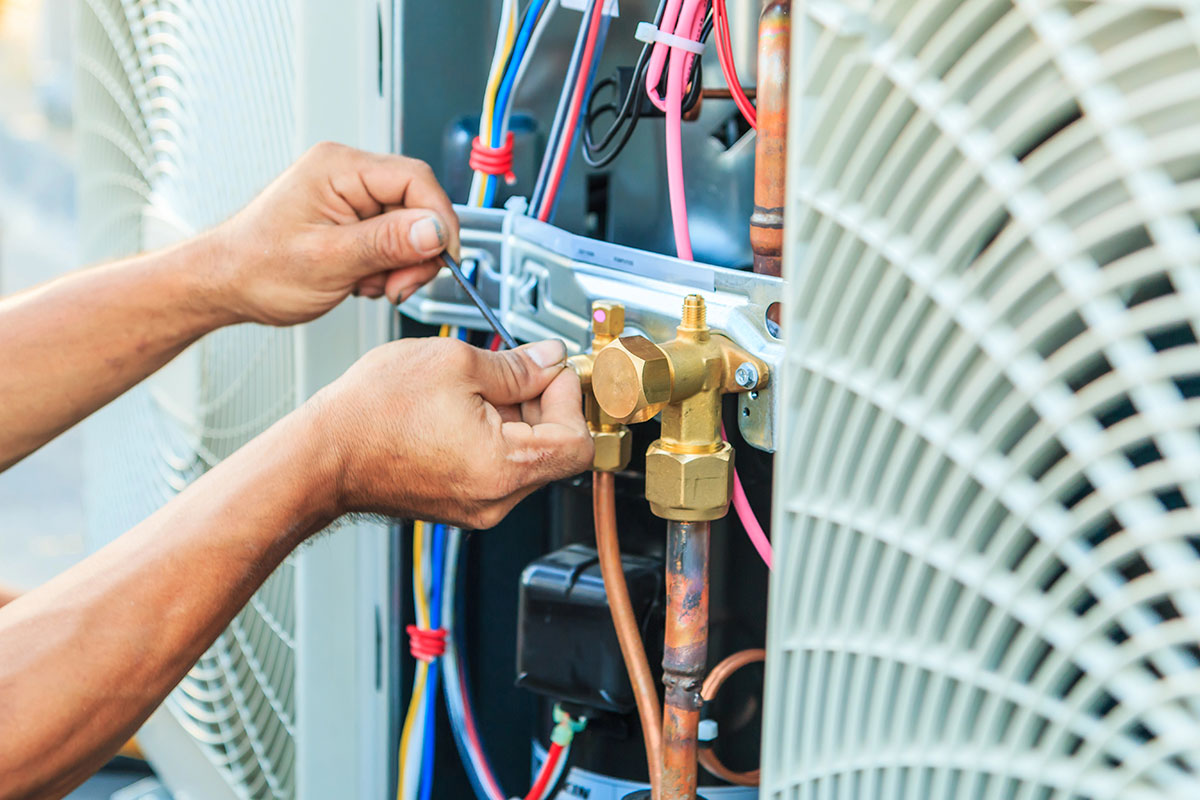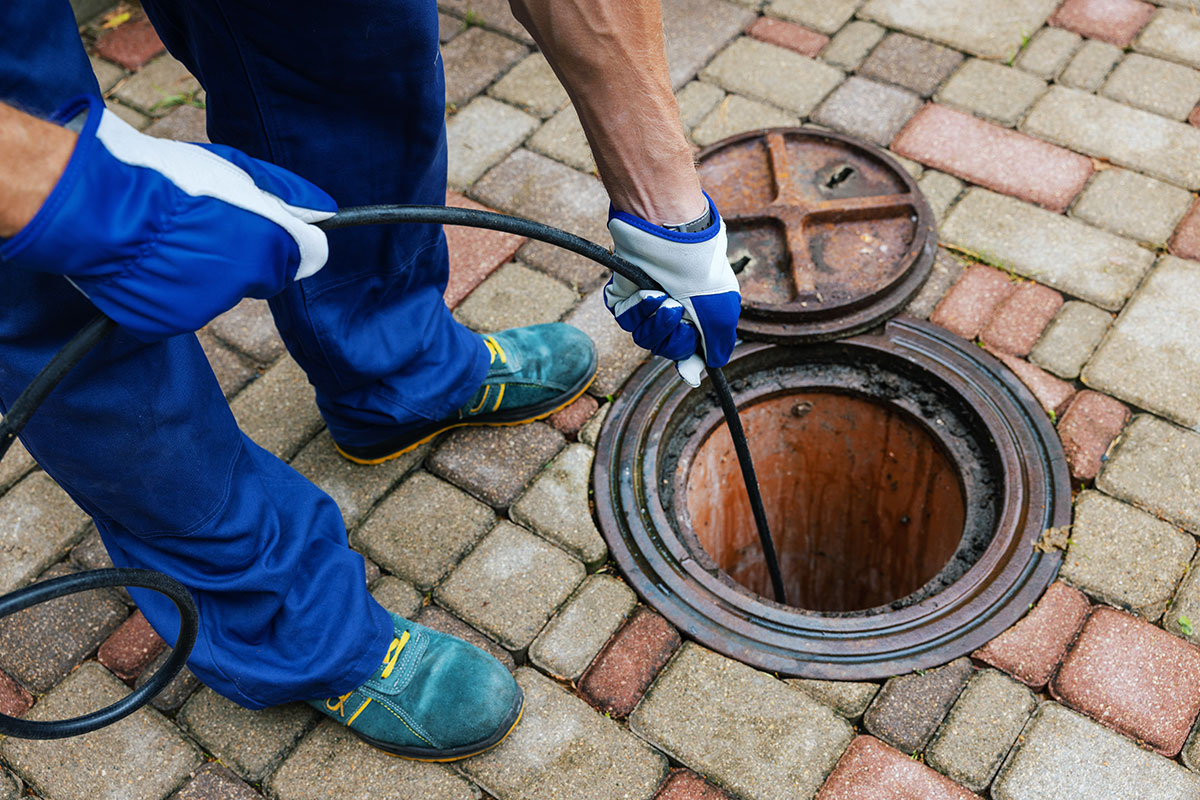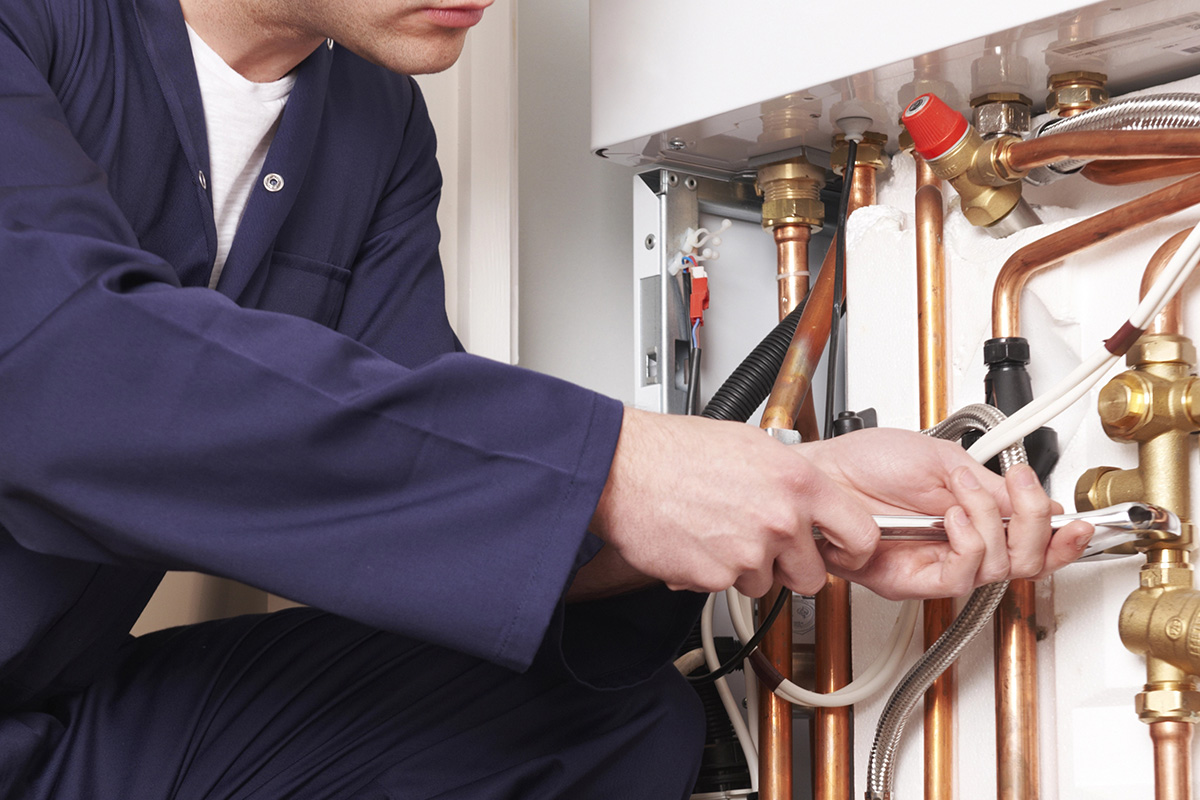Why Winter Is the Best Time For Your Air Conditioning Service
It was late February 2024, and Jessica from Colchester still remembered the chaos of last summer like it was yesterday. After the hottest spell on record — when temperatures in the UK soared above 40°C — her family’s air conditioning unit gave up mid-week, right in the middle of a heatwave. With three young children working from home and temperatures hitting “unbearable,” she wished she’d booked that winter service she kept putting off.
For many homeowners across North Essex, South Suffolk, and beyond, air conditioning has shifted from being a “luxury” to a comfort and wellbeing necessity — and winter is the ideal time to make sure it’s ready for the next warm season. In this article, we explore why getting your air conditioning service in winter should be on every homeowner’s to-do list before the heat returns.

Why Winter Is the Ideal Time for Your Air Conditioning Service
While winter may seem like the odd season to think about cooling, there are several technical and practical reasons why booking an air conditioning service now will save you stress, money and discomfort later.
1. Beating the Busy Season
In the UK, installers and engineers are busiest in late spring and summer as soon as temperatures begin to climb. Waiting until then could mean long lead times and higher prices. Booking a service in winter means avoiding the rush and securing an inspection slot before demand spikes.
2. Early Fault Detection Saves Money
Similar to a car, an air conditioning system that isn’t regularly checked can develop faults that worsen over time. Professional servicing can detect small problems — such as low refrigerant, worn components or blocked filters — before they become costly breakdowns in peak summer. A well-maintained air conditioner can operate up to 15% more efficiently, lowering energy bills and reducing wear and tear.
3. Preventative Maintenance Boosts Reliability
Winter checks aren’t just about cleaning filters — trained technicians inspect electrical connections, lubricate moving parts, check airflow and ensure the system switches on and off correctly. This comprehensive approach means you’re far less likely to face unexpected failure when temperatures rise.
4. Improve Indoor Air Quality
Even when you’re not cooling your home, your air conditioning system plays a role in filtering dust, pollen and pollutants. Without maintenance, these filters can get blocked and start circulating poor-quality air. In winter, when windows are often shut, indoor air quality matters even more — particularly for children and those with allergies.
5. UK Homes Are Heating Up
Although fewer than 5% of UK homes currently have air conditioning, heatwaves and summer overheating are becoming more common. A study by the University of East London showed that up to 80% of UK homes overheated during summer heatwaves, and use of AC systems has increased sevenfold in recent years.
Human Impact: A Story You Might Relate To
Last summer, many households across East Anglia found themselves scrambling for temporary cooling solutions when thermostats malfunctioned in the heat. One family had to sleep in their lounge with windows wide open — sacrificing sleep, comfort and productivity — because their AC hadn’t been checked and serviced the previous winter.
Stories like this remind us there’s a human cost to postponing maintenance. It’s not just technical — it’s about your family’s wellbeing, comfort, and peace of mind.
How Infinity Home Services Can Help
At Infinity Home Services, we understand that air conditioning is increasingly part of modern life — and that preventative care matters. Our experienced engineers can carry out thorough winter air conditioning servicing for homeowners in North Essex and South Suffolk. We’ll check your system end-to-end, clean essential components, and make sure it’s ready to perform efficiently when you need it next.
Whether you already have a system installed or are considering future upgrades, our team can advise on the best maintenance schedule and help you avoid avoidable repair bills later.
Contact Us
Winter isn’t simply a “quiet” time for cooling — it’s the smart time to service your air conditioning. Early servicing prevents failures, improves efficiency, enhances air quality, and protects your home investment. With rising summer temperatures and more households experiencing overheated living spaces, there’s never been a better reason to prepare now rather than later.
So why wait until the heat returns and everyone else books their service? Ready to make sure your air conditioning is up to the task and avoid last-minute panic?
📞 Call us today on 0800 148 8088 or fill out our contact form to book your winter air conditioning service and enjoy peace of mind all year round.








